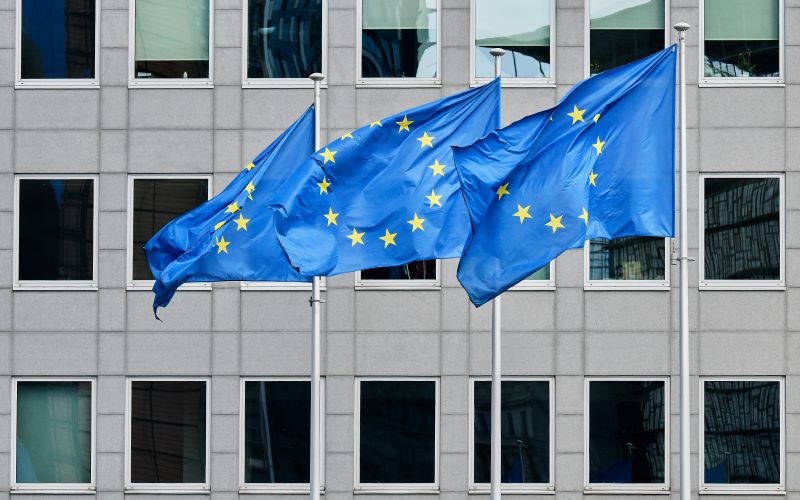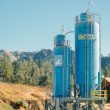The Council of the European Union has adopted its position on a regulation aimed at preventing the loss of plastic pellets—the raw materials used to manufacture plastic products—into the environment. This “general approach” establishes the Council’s negotiating stance for discussions with the European Parliament, expected to begin in early 2025, to finalise the regulation.
The proposed rules, the first of their kind in the EU, aim to improve the handling of plastic pellets across the entire supply chain, potentially reducing losses to the environment by up to 74%. The regulation applies to economic operators handling more than five tonnes of plastic pellets annually, EU and non-EU carriers transporting pellets within the bloc, and companies responsible for cleaning pellet containers and tanks. Sea-going vessels involved in transporting plastic pellets to or from EU ports are also included.
Building on the European Commission’s original proposal, the Council’s approach strikes a balance between introducing effective measures to minimise pellet losses and avoiding unnecessary administrative burdens. Notably, the regulation introduces obligations for maritime transport of plastic pellets, such as ensuring high-quality packaging and providing detailed cargo-related information, in line with recommendations from the International Maritime Organization (IMO). To ease implementation, the maritime transport provisions will take effect a year later than the other rules, with adjustments expected if the IMO adopts measures addressing pellet pollution from ships.
“Plastic pellet losses to the environment are the third largest source of all unintentional microplastic releases. The new rules, the first of their kind in the EU, will help companies to minimise plastic pellet losses, contributing to the fight against microplastic pollution, which knows no borders or boundaries,” said Anikó Raisz, Hungarian Minister of State for Environmental Affairs and the Circular Economy.
Plastic pellet losses—often caused by poor handling practices—pose severe environmental challenges. Once released, pellets are nearly impossible to recapture and can travel vast distances via wind and water, persisting for decades due to their non-biodegradable nature. In 2019 alone, it was estimated that between 52,140 and 184,290 tonnes of pellets were lost in the EU. Maritime transport accounted for 38% of all pellet movements within the EU in 2022, underlining the importance of the sector in tackling the issue.
Under the proposed regulation, operators will be required to follow best practices for handling plastic pellets to prevent losses. Both EU and non-EU carriers must notify authorities of their activities, designate an EU representative to ensure compliance, and clean up any spills. Larger operators handling over 1,000 tonnes annually must obtain a compliance certificate from an independent third party, while smaller operators will have four years to comply. Those handling less than 1,000 tonnes annually can submit a self-declaration of conformity. Member states may also enforce compliance through existing national permit systems.
The Council has emphasised the importance of transparency and public engagement, mandating that authorities provide free and public access to information about pellet handling. To ensure enforcement, national authorities will conduct inspections and implement verification measures using a risk-based approach.
The Council’s position follows a long-standing push to address microplastic pollution, with earlier commitments outlined in the EU’s 2020 conclusions on circular recovery and its 2021 “Zero Pollution” action plan. These efforts aim to reduce microplastic releases by 30% by 2030. Despite the adverse environmental, economic, and potential health impacts of microplastic pollution, comprehensive EU rules targeting plastic pellet losses have been absent until now.


















